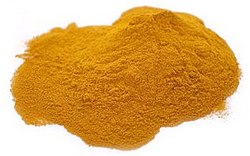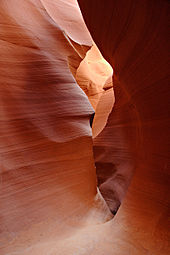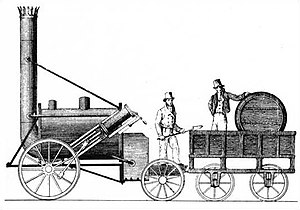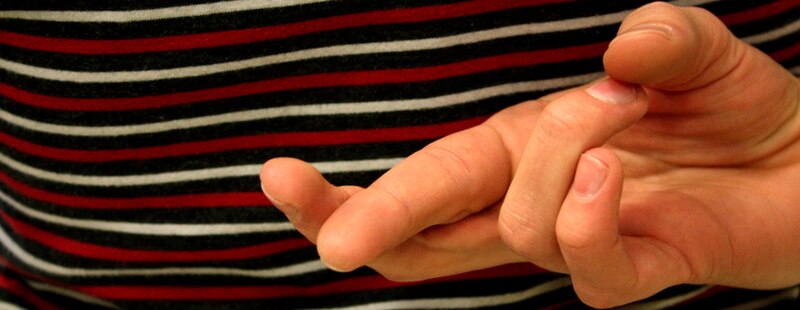The evil-spirit sort of ghoul is tricky (I very much hope), and so is the sort of ghoul that robs graves and in eats dead bodies (or, in even nastier cases, eats live bodies).
Luckily those ghouls have been chased away by our civilisation's devotion to electric light, law and order, science, health and safety, and cosmetic surgery, but that still leaves us with those ghouls who are interested in morbid or disgusting things. Going by the look of the modern blockbuster, the best-seller lists, and the TV guides, that's rather a lot of us.
So, how to spot a ghoul?
Well, it's quite simple as far as I'm concerned.
It's anyone who enjoys observing zombies, operations, or eats Pot Noodle.
Yurrrgghh.
Spot the Frippet: ghoul. This word comes from the Arabic ghūl, from ghāla, he seized.


























